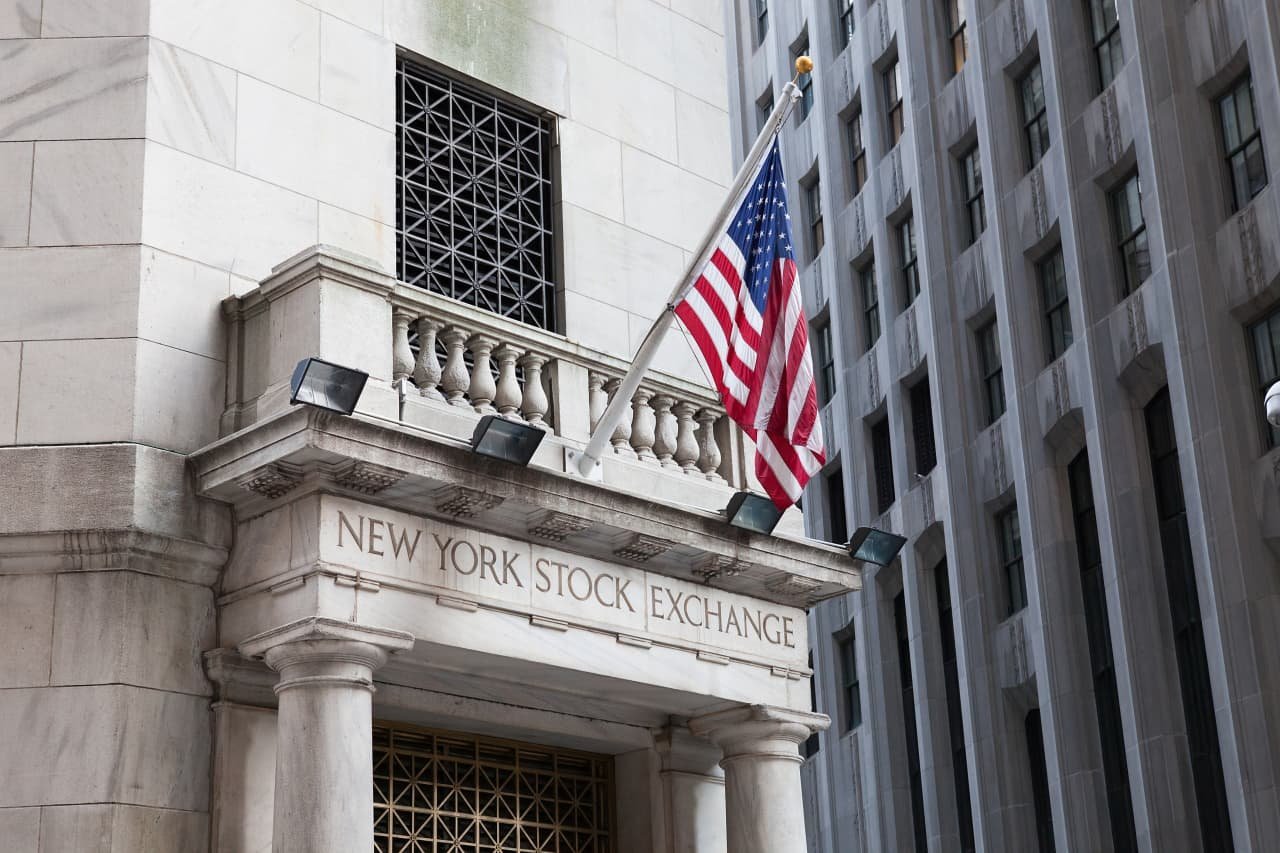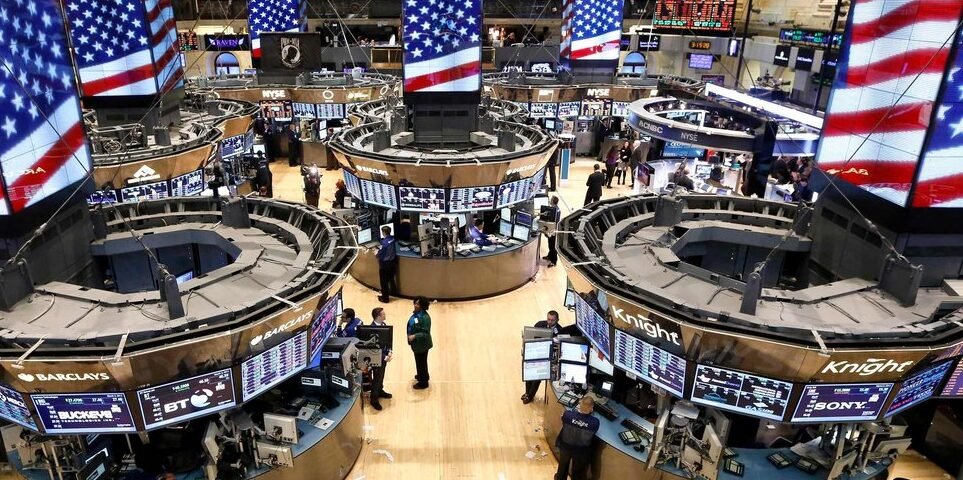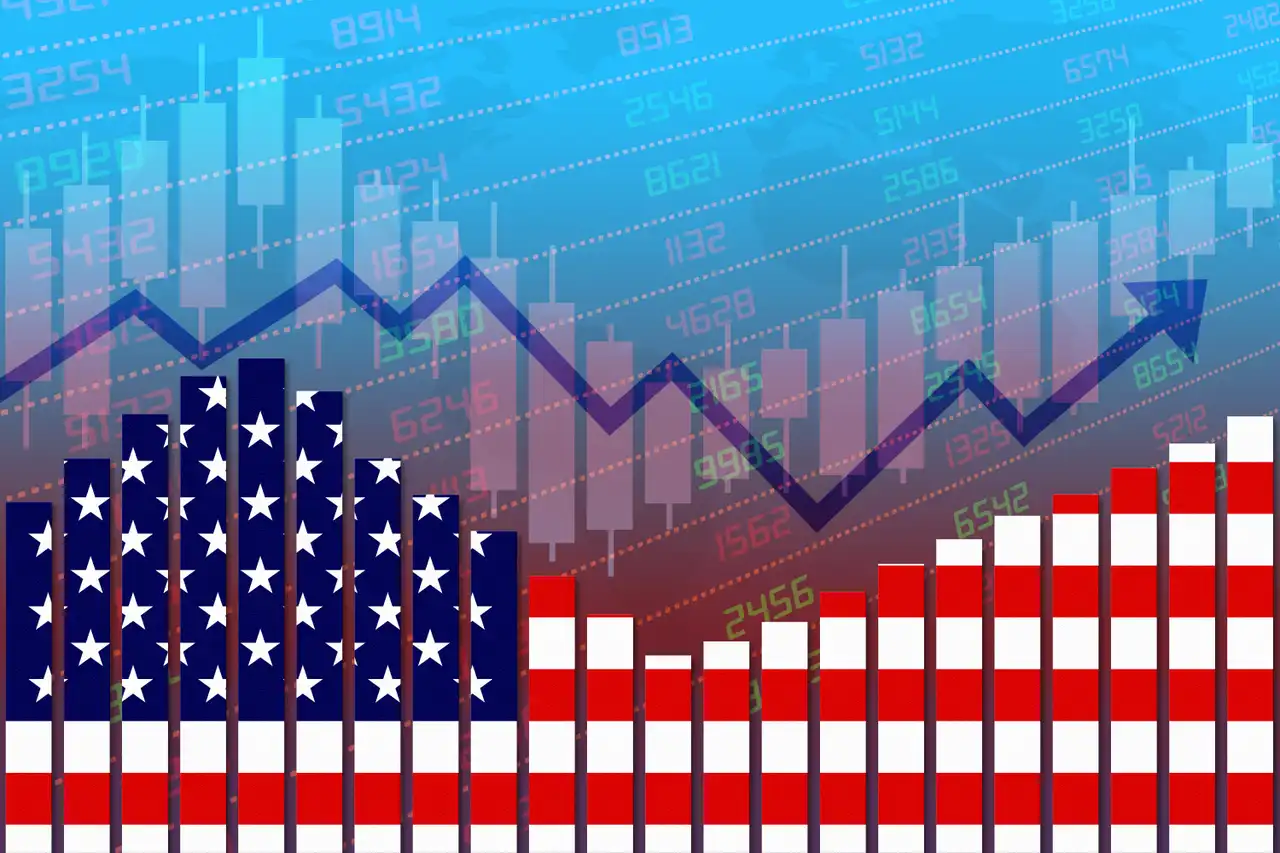
How to Understand the U.S. Stock Market: A Beginner’s Guide
December 21, 2024
U.S. Stock Market Holidays 2024: A Comprehensive Guide
December 23, 2024Understanding the U.S. Market
The U.S. market is a broad term that refers to the financial markets in the United States where assets such as stocks, bonds, commodities, and derivatives are traded. As one of the largest and most influential markets globally, it serves as a barometer of economic health and investor sentiment. The U.S. market includes various exchanges, indices, and financial instruments that drive global trade and investment.
Key Components of the U.S. Market
1. Stock Market
The U.S. stock market is the cornerstone of its financial system, where publicly traded companies list their shares for investors to buy and sell. Major stock exchanges include:
- New York Stock Exchange (NYSE): The world’s largest exchange by market capitalization, hosting blue-chip companies like Apple, Microsoft, and Coca-Cola.
- Nasdaq Stock Market: Known for its focus on technology and growth-oriented companies, such as Amazon, Tesla, and Google (Alphabet).
Major U.S. Stock Market Indices:
- Dow Jones Industrial Average (DJIA): Tracks 30 large-cap U.S. companies.
- S&P 500: Measures the performance of 500 major U.S. companies, providing a broader market view.
- Nasdaq Composite: Focuses heavily on technology and biotech firms.
2. Bond Market
The bond market allows investors to lend money to entities like the U.S. government, municipalities, and corporations in exchange for interest payments.
- Treasury Bonds (T-bonds): Issued by the U.S. government, considered one of the safest investments globally.
- Corporate Bonds: Issued by companies to raise capital for expansion.
3. Commodity Market
The U.S. market also includes commodities like:
- Oil and Natural Gas
- Precious Metals (Gold, Silver)
- Agricultural Products (Corn, Wheat)
These are traded on exchanges like the Chicago Mercantile Exchange (CME) and the New York Mercantile Exchange (NYMEX).
4. Derivatives Market
Derivatives are financial instruments whose value depends on underlying assets like stocks, bonds, or commodities. Examples include:
- Futures Contracts
- Options
5. Foreign Exchange (Forex) Market
The U.S. market is a critical part of the global forex system, with the U.S. dollar (USD) being the most traded currency worldwide.
Why the U.S. Market Matters
1. Global Influence
The U.S. market sets the tone for global financial markets. Events like Federal Reserve interest rate changes or major earnings reports can cause ripple effects worldwide.
2. Economic Indicator
The performance of the U.S. market reflects the country’s economic health. A rising market often signals investor confidence and economic growth, while a declining market may indicate recession fears.
3. Investment Opportunities
The U.S. market offers diverse investment options, making it attractive for both domestic and international investors.
4. Innovation Hub
Home to leading technology companies, the U.S. market drives innovation in sectors like AI, biotech, and renewable energy.
How to Participate in the U.S. Market
- Direct Investment: Buying stocks, bonds, or ETFs via brokerage accounts.
- Mutual Funds: Investing in professionally managed portfolios.
- Retirement Accounts: Using accounts like 401(k)s or IRAs to invest in market-linked securities.
- Trading Platforms: Platforms like Robinhood, E*TRADE, or TD Ameritrade enable easy market access.
Risks and Considerations
1. Volatility
Market prices can fluctuate due to economic data, geopolitical events, or company performance.
2. Economic Factors
Interest rates, inflation, and unemployment rates significantly affect market performance.
3. Regulatory Environment
The U.S. Securities and Exchange Commission (SEC) ensures fair trading practices but can impose regulations impacting certain sectors or trading activities.
Conclusion
The U.S. market is a vital part of the global economy, offering immense opportunities for investment and wealth creation. Its size, diversity, and innovation make it a focal point for investors worldwide. However, understanding its complexities and staying informed about market trends are essential for making informed decisions and achieving long-term success.




